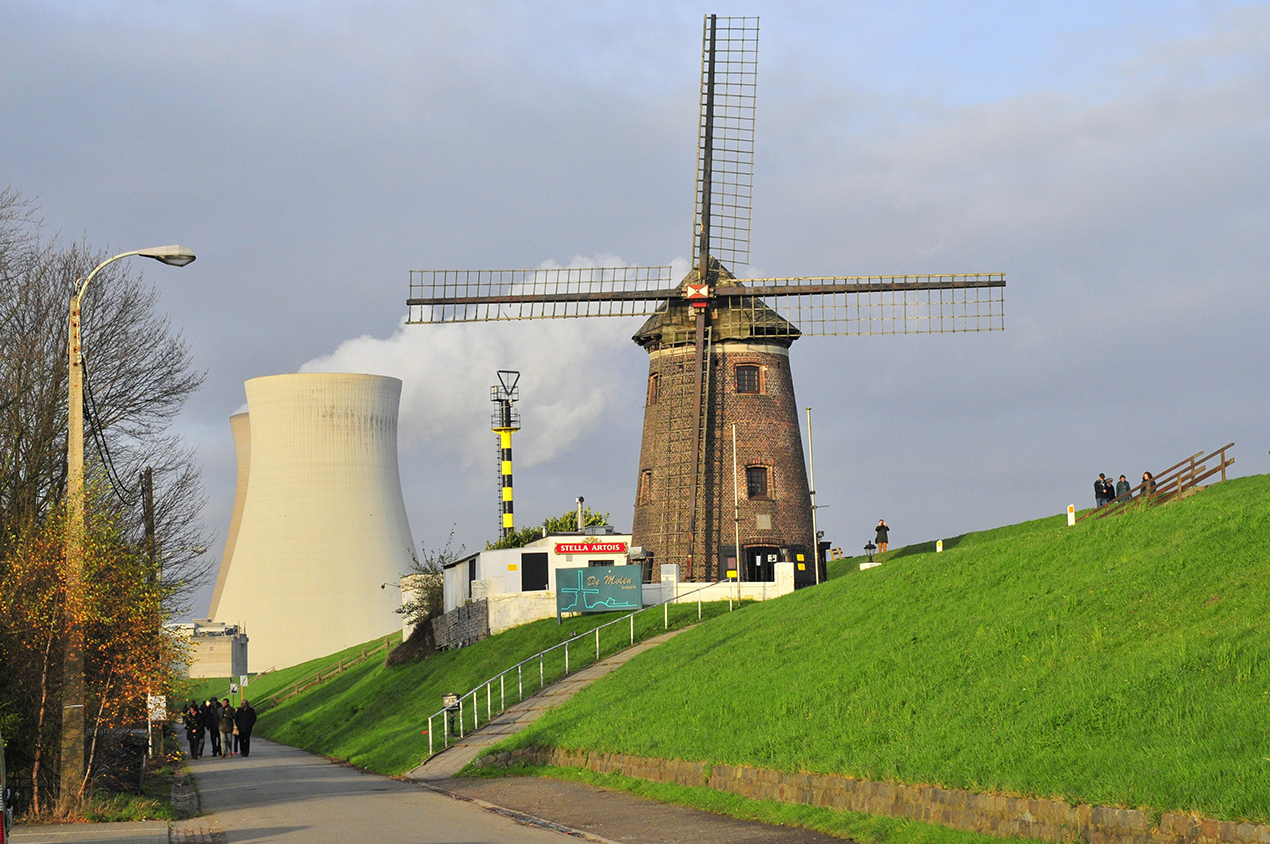News
EU Nuclear Power Industry is Coming Back to Life
The panic caused by the accident at the
Chernobyl nuclear power plant in 1986 dealt a heavy blow to the EU's nuclear
power industry. In the early 1990s, the EU completely stopped building new
nuclear power plants. Today, as energy shortages become increasingly severe,
some EU member states have refocused their attention on nuclear energy, and the
nuclear power industry has once again shown a good momentum of development.
Although there are safety hazards and high
construction costs, nuclear power also has the advantages of cleanliness and
low power generation costs. In early 2006, a natural gas dispute broke out
between Russia and Ukraine, which had a certain impact on the natural gas
supply of some EU countries. This made the EU aware of the urgent need to
increase efforts to ensure energy supply.
In order to strategically improve the
independence of energy supply, some EU countries have once again put the
development of the nuclear power industry on their agenda. Finland has begun
construction of the country's fifth nuclear reactor, which is expected to be
officially put into operation in 2009. Finland also became the first EU country
to build another nuclear reactor in more than a decade.
France is not far behind. President Chirac
announced plans for a fourth-generation nuclear reactor earlier this year. The
nuclear reactor, which is more efficient and produces less nuclear waste, will
be commissioned in 2020. France is currently also planning to build a new
nuclear reactor on the coast of Normandy, which will be the country's 59th
nuclear reactor.
The UK has stopped building new nuclear
power facilities since 1989, but the country has also recently taken
substantial steps to redevelop its nuclear power industry. The energy report
released by the British government recently proposed that six new nuclear power
plants will be built in the next three to forty years to reduce carbon dioxide
emissions and dependence on imported energy.
Countries such as Germany, Spain, Sweden,
the Netherlands and Belgium have made it clear that they will no longer build
new nuclear power plants and that operating nuclear power plants will cease
operations at the end of their production cycles. However, the Dutch government
has now changed its stance and will announce plans to build new nuclear power
plants later this year. Relevant experts predict that Germany, Spain, Sweden
and Belgium may also adjust their current nuclear power policies due to the stance
of the United Kingdom and other countries.
Some new member states that joined the EU in 2004 also expressed their intention to promote the development of the nuclear power industry. Slovenia plans to start construction of the country's second nuclear reactor in 2013 and is expected to put it into operation in 2017. Lithuania is also planning to build a new nuclear reactor.

RELATED NEWS
- Will Obama's New Energy Deal Succeed?
- The U.S. Department Integrates Multiple Solar Photovoltaic Power Generation Plan
- International Oil Prices Closed up 1.48% to US$75.48/Barrel
- How High Can Oil Prices Rebound? The Driving Force Behind the Rise is Revealed
- Copenhagen Infrastructure Orders 135 MW Turbines from Vestas
